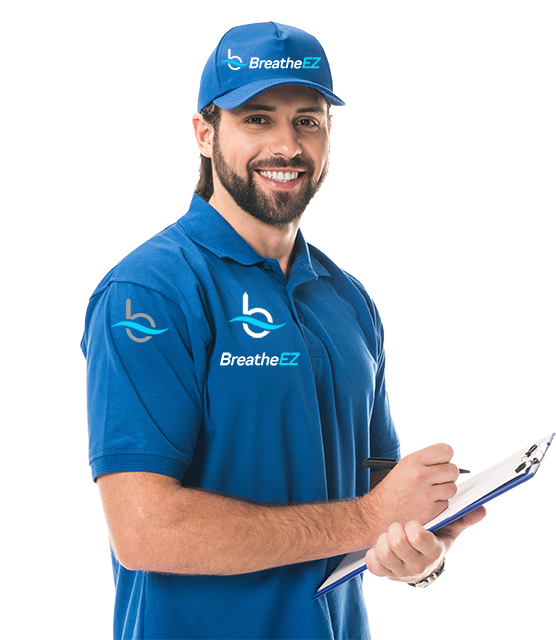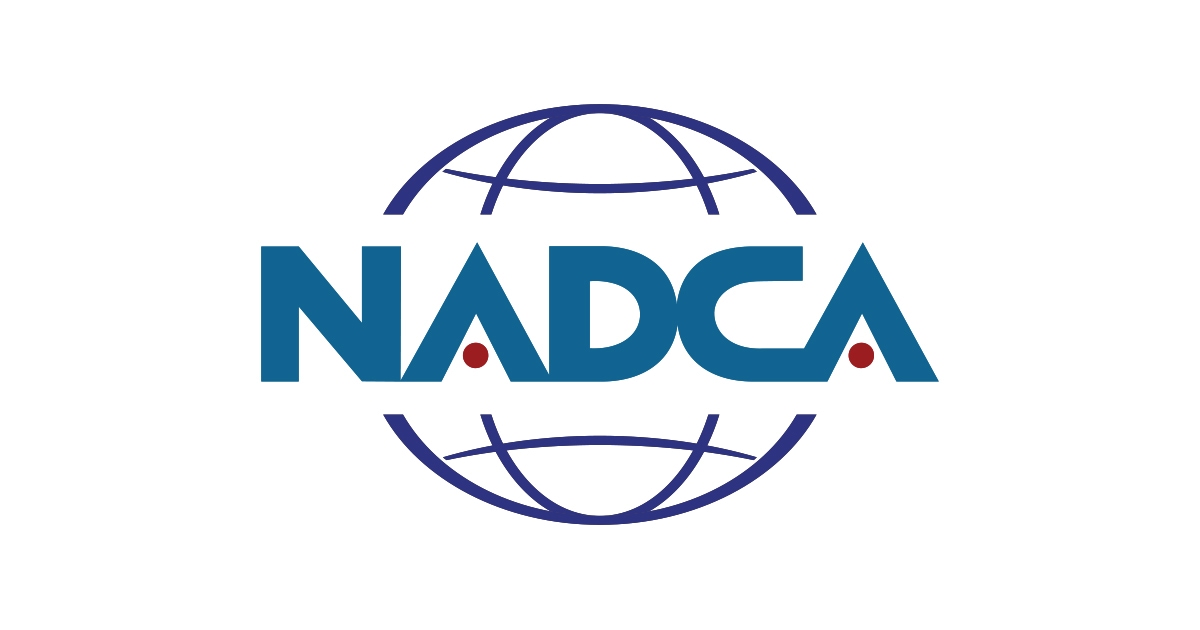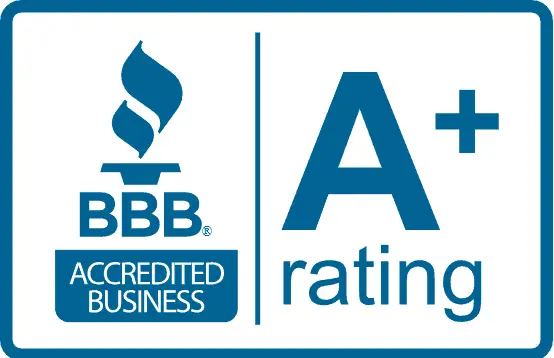Absolutely. Professional PTAC (Packaged Terminal Air Conditioner) unit cleaning is essential for ensuring clean, healthy air and the optimal performance of your heating and cooling system—especially in settings where these units are heavily relied upon, such as hotels, apartment buildings, hospitals, and senior living facilities. Over time, PTAC units accumulate dust, dirt, mold, mildew, and other contaminants within the coils, blower wheels, filters, and drain pans. If not properly and regularly cleaned, this buildup can lead to poor indoor air quality, unpleasant odors, inefficient operation, and even system breakdowns.
For property managers and homeowners alike, a dirty PTAC unit doesn’t just affect comfort—it directly impacts health. Mold spores and bacteria can spread through the room each time the unit runs, aggravating allergies, asthma, and respiratory issues. In hospitality or commercial settings, this can result in negative customer experiences, poor reviews, and potential liability.
Professional PTAC cleaning goes beyond surface-level wipe-downs. It includes deep cleaning of the evaporator and condenser coils, removing debris from the blower fan and drain system, replacing or washing filters, disinfecting the interior, and ensuring proper drainage to prevent mold and water damage. Technicians also inspect the unit for signs of wear or needed repairs, helping you extend the lifespan of the system and avoid costly downtime.
In summary, professional PTAC cleaning is not just recommended—it’s a critical part of preventive maintenance that improves air quality, reduces energy costs, enhances comfort, and protects your investment.

A PTAC (Packaged Terminal Air Conditioner) is a self-contained heating and cooling system commonly found in hotels, apartments, hospitals, and offices. These units collect dust, dirt, mold, and bacteria over time. Regular professional cleaning is essential to maintain efficiency, ensure clean air, and prevent mechanical issues.
It’s recommended to have PTAC units cleaned at least once per year. In high-use environments—like hospitality or healthcare facilities—cleanings every 6 months can help maintain optimal performance and indoor air quality.
Yes. Dirty PTAC units can harbor mold, mildew, bacteria, and allergens. When the unit runs, these contaminants can circulate through the air, triggering allergies, asthma, and other respiratory issues.
Professional PTAC cleaning typically includes coil cleaning, blower and fan sanitation, filter cleaning or replacement, drain line flushing, disinfecting interior components, and a system performance check.
Absolutely. Regular cleaning extends the life of the unit, improves energy efficiency, prevents expensive repairs, and ensures better air quality—ultimately saving you money and ensuring comfort and safety.






